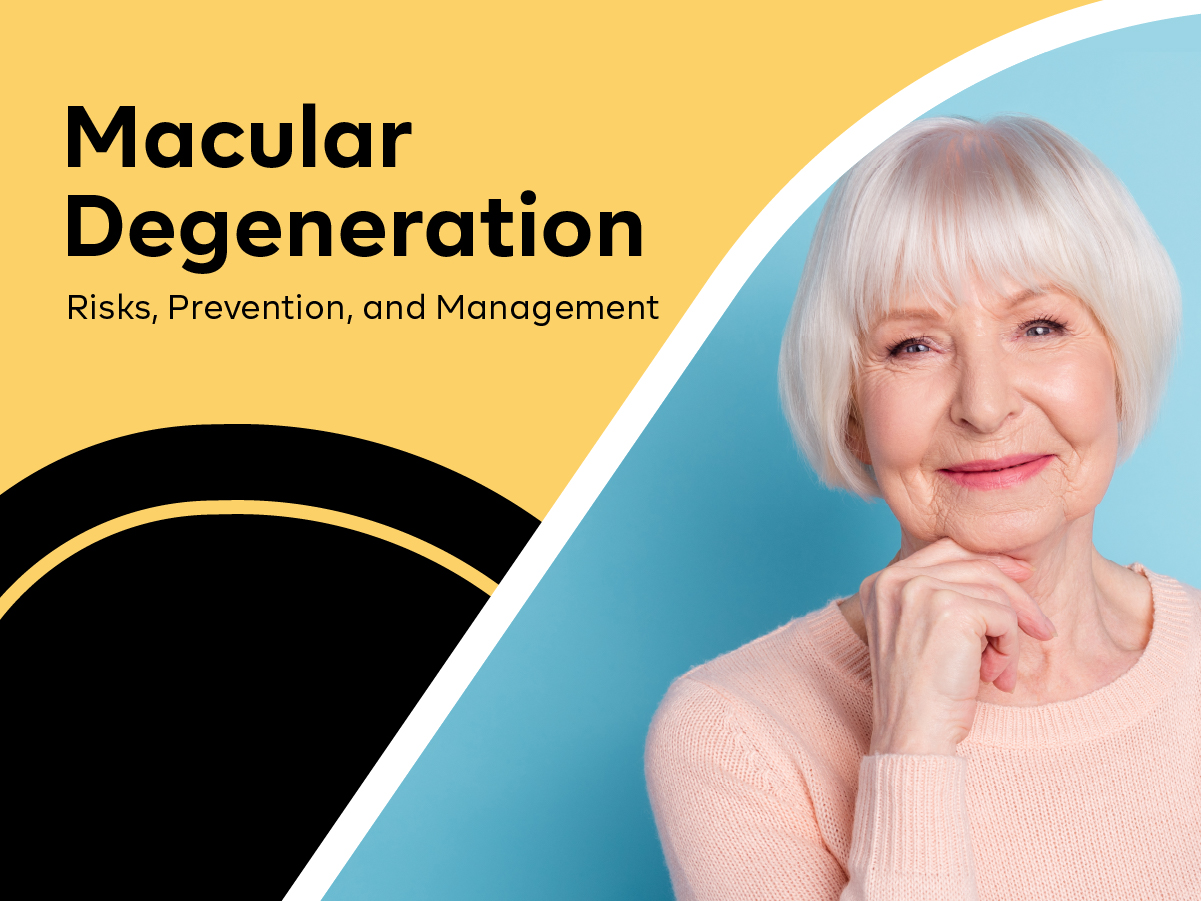
Macular degeneration, a leading cause of vision loss among people aged 50 and older, affects the macula, the part of the eye responsible for clear vision in your direct line of sight. Although it doesn't lead to complete blindness, it can significantly impair your ability to see clearly, affecting daily activities like reading and driving.
At iVision Eyecare in Dacula, we believe in doing everything we can to help our patients maintain their long-term eye health and vision. Below, our eye care team discusses risk factors and causes of macular degeneration, steps that you can take to reduce your risk, and how we can help detect and treat this potentially sight-threatening disease.
Risk Factors and Prevention of Macular Degeneration
Several factors can increase your risk of developing macular degeneration. Age and genetics are the most significant, with individuals over 50 at greater risk. Other risk factors include smoking, obesity, high blood pressure, and a family history of the disease. Genetics also play a role, as there is a link between certain genes and an increased risk of developing the condition.
While you can't change your genetics, you can take steps to reduce your risk. Leading a healthy lifestyle is crucial. Our eye care team recommends maintaining a healthy weight, exercising regularly, and eating a diet rich in fruits and vegetables. Protecting your eyes from ultraviolet light by wearing sunglasses year-round when you go outside and avoiding smoking can also help.
Detection and Treatment Of Macular Degeneration
Early detection is key to managing macular degeneration. Regular eye exams can help catch the condition early, even before symptoms appear. If you're diagnosed with macular degeneration, treatment options vary depending on the type (wet or dry) and severity of the condition. While there's no cure for macular degeneration, proper diagnosis and timely management can slow progression and even improve vision in some cases.
Encouraging patients to maintain regular eye check-ups and adopt a healthy lifestyle can significantly impact the management of macular degeneration. If you're concerned about your eye health or have noticed changes in your vision, call our local eye clinic today to learn more and schedule an appointment. Our team is here to help you maintain your vision and eye health for years to come!
